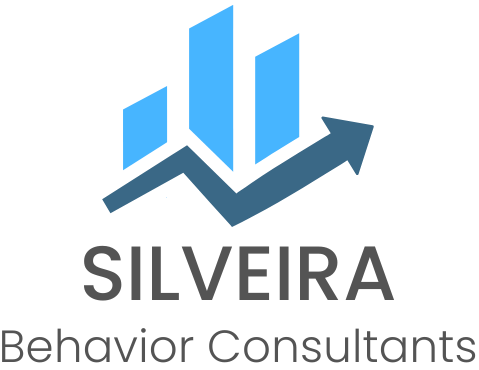Solutions Behavioral Consulting: Evidence‑Based ABA Therapy for Families
At Solutions Behavioral Consulting, our mission is to provide personalized ABA therapy that empowers families and individuals to achieve meaningful progress. With a focus on evidence‑based strategies, compassionate care, and measurable outcomes, we help children and adults build skills, independence, and confidence.
What Is Solutions Behavioral Consulting?
Solutions Behavioral Consulting is a team of dedicated professionals specializing in Applied Behavior Analysis (ABA). We design individualized programs that address communication, social skills, and behavior challenges.
Our Approach
- Evidence‑based ABA therapy methods
- Family‑centered collaboration
- Data‑driven decision making
- Flexible delivery (in‑home, clinic, or telehealth)
Services We Provide
ABA Therapy Programs
- Tailored interventions for children and adults with autism and related conditions.
Parent and Caregiver Training
- We equip families with tools to extend therapy into everyday life.
School Consultation
- Partnering with educators to create inclusive classrooms and support student success.
Behavior Assessments
Comprehensive evaluations to identify needs and guide intervention plans.
Why Choose Solutions Behavioral Consulting?
- Experienced and certified behavior analysts
- Compassionate, family‑focused care
- Proven track record of measurable outcomes
- Flexible scheduling and service delivery
Success Stories
Families working with Solutions Behavioral Consulting have seen improvements in communication, reduced challenging behaviors, and greater independence. Our collaborative approach ensures progress is celebrated and sustained.
Conclusion: Building Brighter Futures Together
Solutions Behavioral Consulting is committed to helping families thrive through ABA therapy and behavior support. With evidence‑based strategies and compassionate care, we guide individuals toward lasting success.
Ready to begin your journey with ABA therapy? Contact Solutions Behavioral Consulting today to learn how our programs can support your family’s growth and success.





